Please login or click here to join.
Forgot Password? Click Here to reset pasword
The magnificent cathedral church of St. Nicholas has stood at the heart of Newcastle for many centuries. Its superb lantern tower surmounted above a crown, C.1448 rises above the rooftops making a landmark seen from miles around. The cathedral stands on the site of an earlier church, although nothing now remains of this, with the present buildings seen today being mainly of 13th and 14th century structure.
It is remarkable that so beautiful a church was originally built as a parish church providing a place of worship for the then towns-people of Newcastle, it did not become a cathedral until 1882 when a new diocese was formed.
The cathedral has some fine stained glass, mostly this is from the 19th and 20th centuries, but one magnificent medieval window remains depicting the Madonna and Child. The window is glorious in the extreme with subtle colours highlighting the tenderness between mother and child. Another superb window is the one dedicated to Danish seamen which was installed at the initiative of the Danish Church in Newcastle-upon-Tyne. The window is from a design by Queen Margarethe of Denmark, the focus of which is the three Theological virtues of Faith, Hope and Charity. The glass contains clear textured and seedy antique glass, Northumbrian glass and two clear crowns made in Danish glass at a studio in Bornholm, Denmark. The fabulous East Window was erected in 1860 in memory of Thomas Ions, who was Organist during the 19th century, it was paid for by public subscription.
The Chancel was built in the 19th century when the church became a cathedral, and here you can see stunning carving by noted local craftsman Ralph Hedley.
A stunning portrayal of Christ in Majesty supported by the four Evangelists towers over the High alter, this was designed by local architect R.J Johnson and shows figures of Northumbrian saints including St.Cuthbert who is holding the head of St. Oswald.
The Thornton Brass dates from 1441, it is a memorial to Robert Thornton, his wife Agnes and their fourteen children. This is considered to be the largest and finest of its kind in the country. The brass was brought to the cathedral in 1959 when All Saints Church closed, it is a fitting memorial to a man who was thrice Mayor of Newcastle and one of the richest merchants of his day. A later memorial is the cenotaph to Admiral Lord Collingwood, Nelson's second in command at Trafalgar, who was born in Newcastle in 1750.
The cathedral has a refectory for lunches and snacks, and a gift shop for the purchase of books and souvenirs. Outside, visitors can see a large bronze statue of Queen Victoria, erected in 1903 to celebrate her long and illustrious reign as well as the five hundredth anniversary of the shrievalty of Newcastle.
Saint Nicholas Cathedral stands in an old part of the town surrounded by cobbled streets and fine examples of early architecture.

a Historic City in the county of Tyne & Wear
(0.6 miles, 1.0 km)This important City was known as Pons Aelii in Roman times; the Romans built the first bridge over the River Tyne, it was guarded by a Roman fort which was replaced by a castle.....
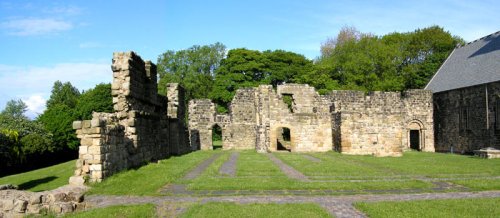
in the county of Tyne & Wear
(5.2 miles, 8.3 km, direction E)This is the town that is famous for the 1930's "Hunger March" caused by the intense poverty that followed the closing of the Charles Palmer shipyard. The last of the surviving marchers, Cornelius Whalen died in 2003 at the age of 93...

in the county of County Durham
(6.8 miles, 10.9 km, direction S)Beamish is famous for its lovely open-air museum which so vividly brings to life how the folk of the region lived at the turn of the 20th century...
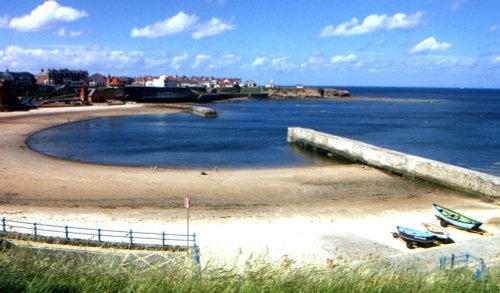
in the county of Tyne & Wear
(8.0 miles, 12.9 km, direction NE)Cullercoats has many pleasing aspects including a picturesque 19th century church in a commanding position close to the shoreline...
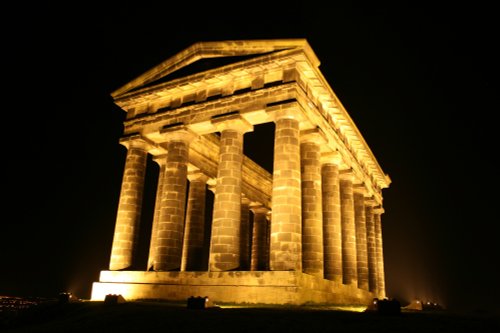
in the county of Tyne & Wear
(8.3 miles, 13.4 km, direction SE)Penshaw lies in open countryside between the urban sprawl of Sunderland and Washington...
All towns in Tyne & Wear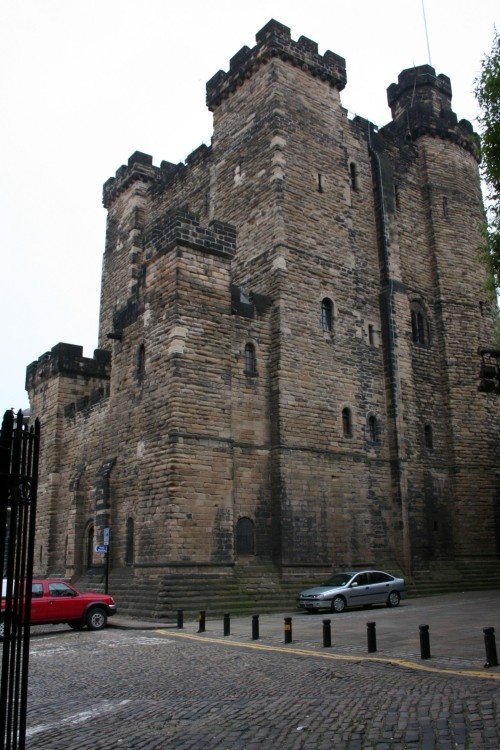
On returning from a raid into Scotland, Robert Curthose, eldest son of William the Conqueror built a castle calling it his `New.....
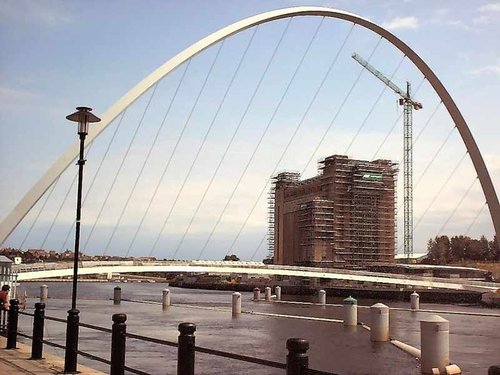
The Baltic Centre is a new £46m art gallery on the banks of the Tyne and is the latest evidence of the area's growing cultural.....
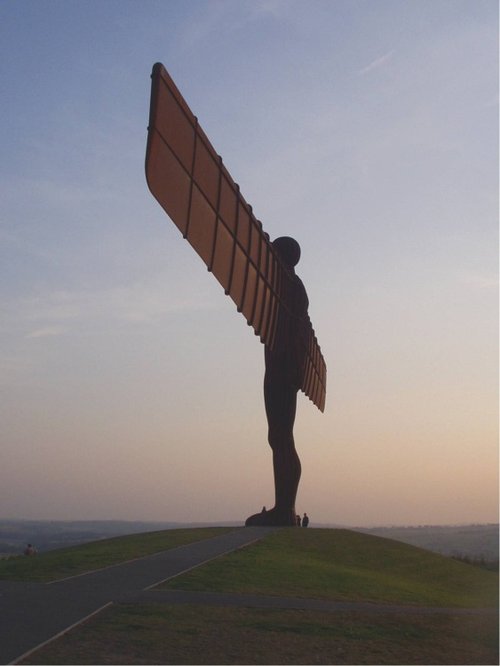
Britain's largest sculpture, The Angel of the North weighs in at 208 tonnes and stands 20 metres high. It was based on artist.....
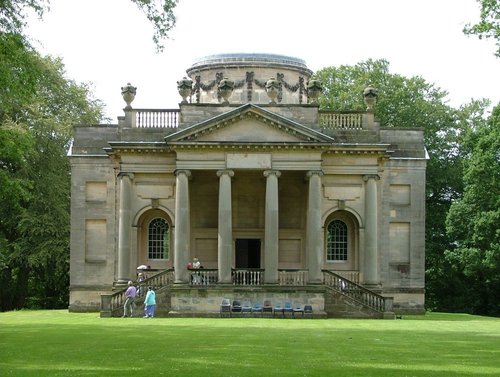
Gibside is famous for the sedate historic estate set at the heart of the outstandingly beautiful Derwent Valley. The estate was.....
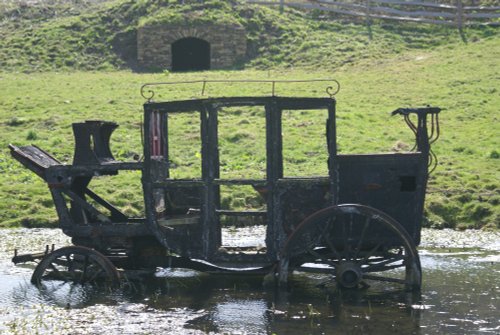
Beamish Museum lies in a basin of stunning countryside covering over three hundred acres. This is no ordinary museum, but an.....